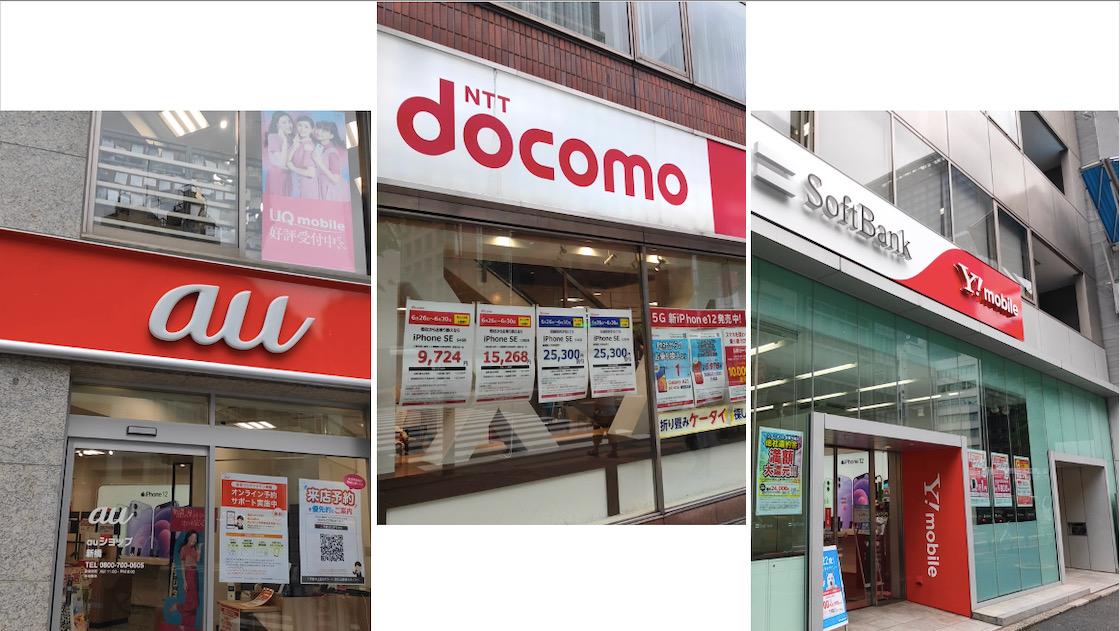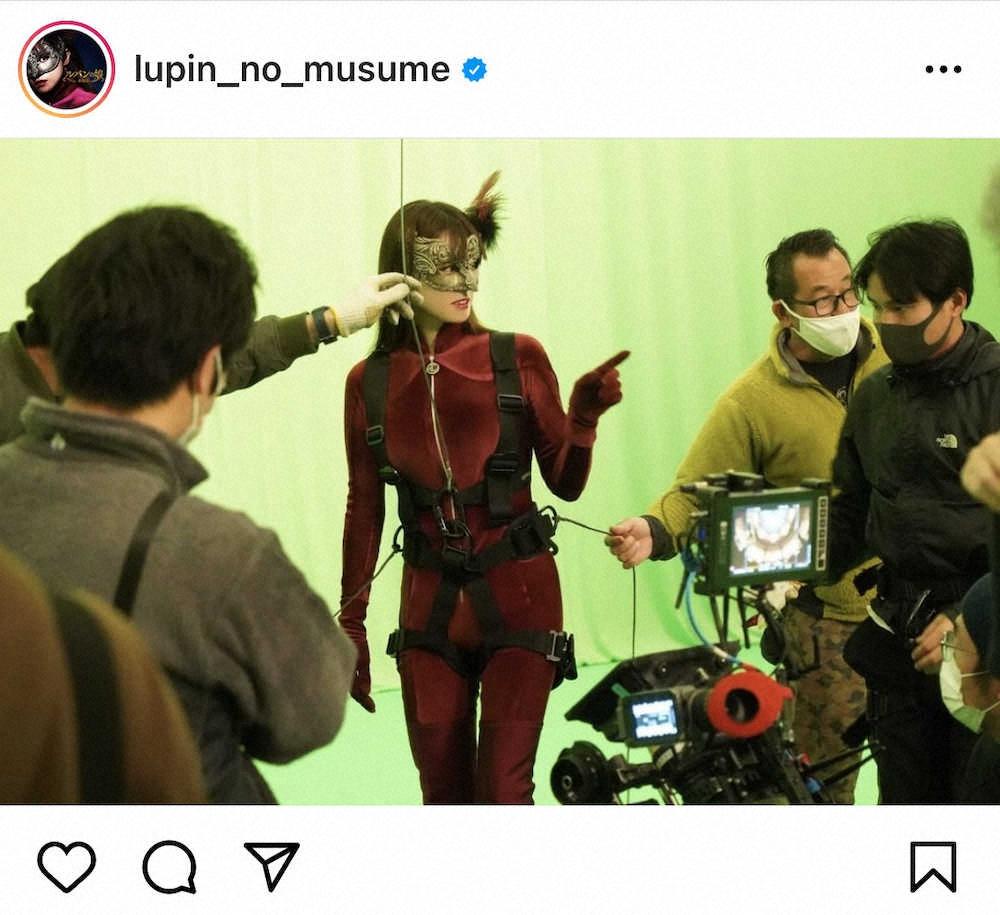
"Absolutely Anonymous" Docomo, KDDI, Softbank are naked kings
"I want you to be absolutely anonymous. Writing in such a way that the store can be identified is also NG."
Nikkei Crosstech interviewed many mobile shops this time, but almost all of them responded to the condition of absolute anonymity. Although voices of dissatisfaction were received one after another from the site, the essence of the problem can be glimpsed from the standpoint of the mobile phone shop, which is extremely afraid of the mobile phone giant and can only refute anonymously. Aren't cell phone shops that can't speak face-to-face turn major cell phone giants into 'naked kings' and keep away from solving problems on the sales floor?
A major mobile phone company with life and death powers
``Mobile carriers are overwhelmingly strong in this industry.'' The owner of the cell phone shop at the beginning of the story mutters.

There are about 8,000 mobile phone shops nationwide with brands such as "docomo shops" and "au shops", 99% of which are operated by sales agents. According to the National Association of Mobile Phone Sales Agents, an industry group, 80% of these sales agents are small and medium-sized local companies with fewer than 10 stores per company. Many companies are trending at operating profit margins of 5% or less, and the industry structure is thin.
On the other hand, NTT Docomo, KDDI (au), and Softbank are major mobile companies that are among the top 10 in Japan, boasting a large revenue scale. It belongs to the highest category.
In addition to the overwhelming difference in company size, distributors are in a weak position in terms of transactions in that they are entrusted with business by major mobile phone companies. While dissatisfied with the evaluation index and commission system, they cannot face the major mobile phone companies who have control over life and death, and can only refute through anonymous questionnaires. A picture of such a problem emerges.
In June 2021, the Japan Fair Trade Commission announced that ``MNOs (omitted) will use their position to provide services provided by sales agents. In the event that the content of the contract is unilaterally changed without sufficiently negotiating contract terms with the sales agent beyond the limit necessary for proper implementation, causing disadvantages to the sales agent. There is a risk that it will become a problem under the Antimonopoly Act." In other words, if a major mobile phone company unilaterally changes conditions such as evaluation indicators without sufficient dialogue with its distributors, it could constitute an abuse of its superior bargaining position under the Antimonopoly Act.
Softbank has set up an anonymous suggestion box
Is the major mobile phone company sufficiently communicating with its sales agents? Are major mobile phone companies abusing their dominant position to impose unreasonable contract terms on distributors? In response to such a question, the person in charge of a major mobile phone refutes as follows.
